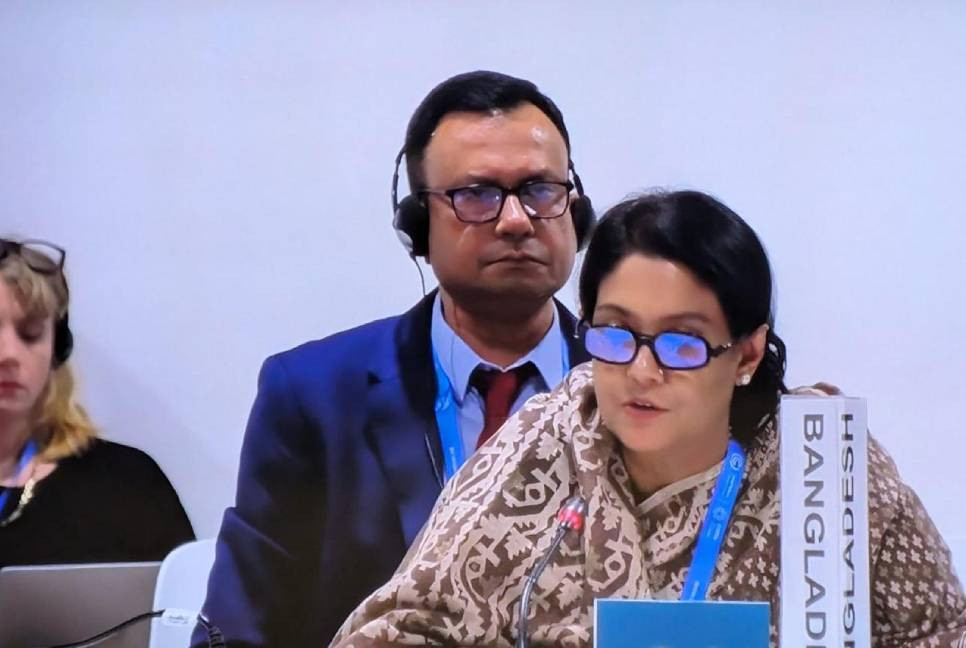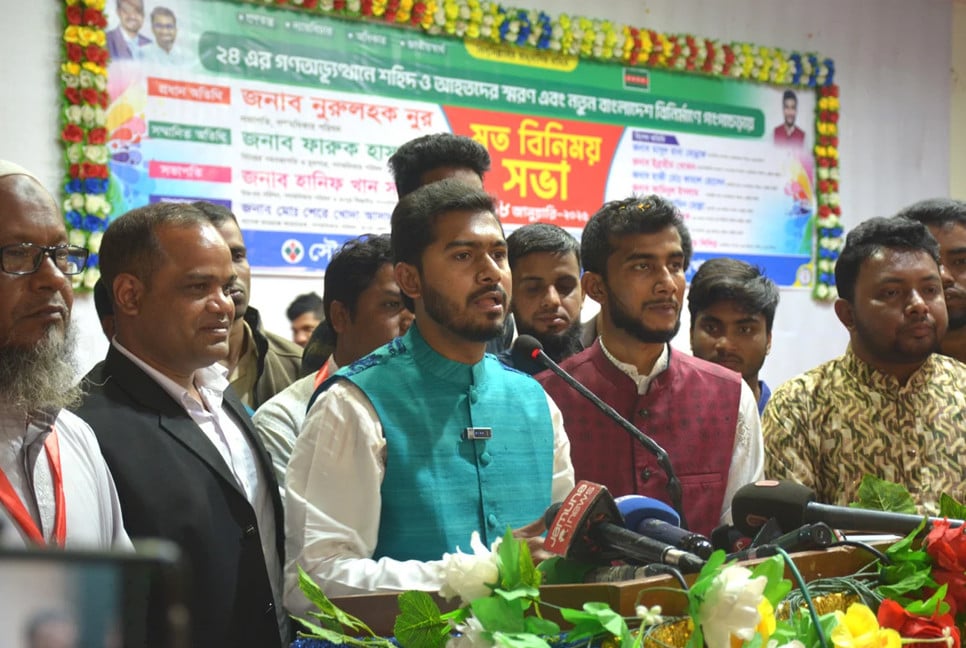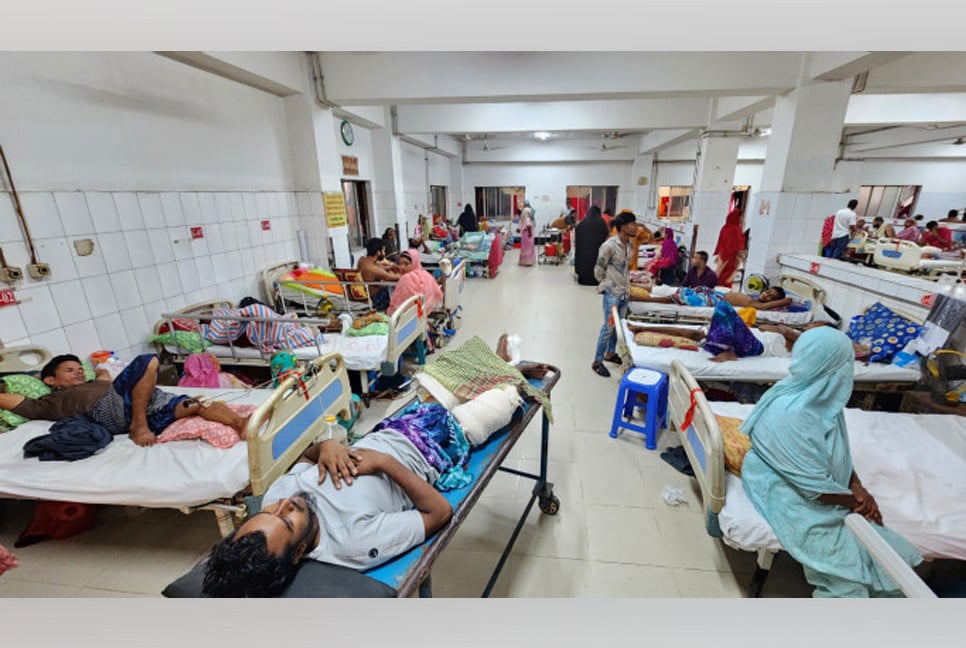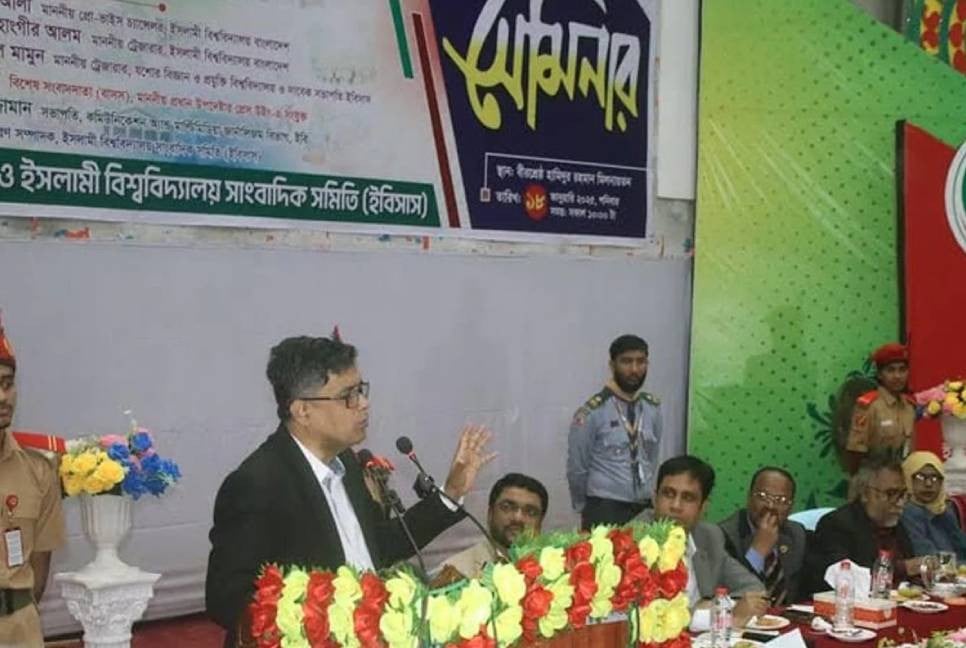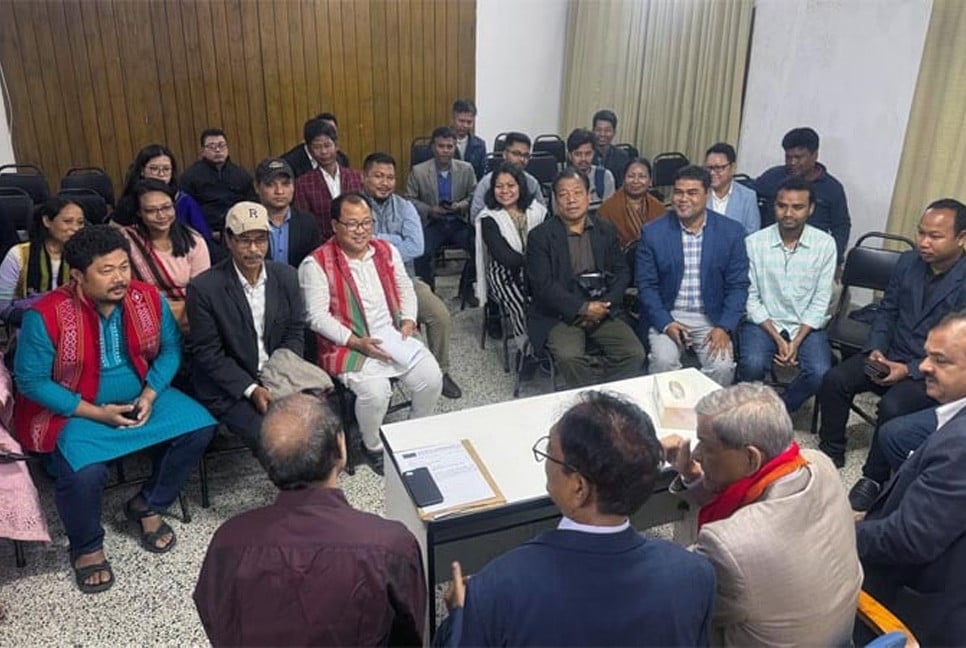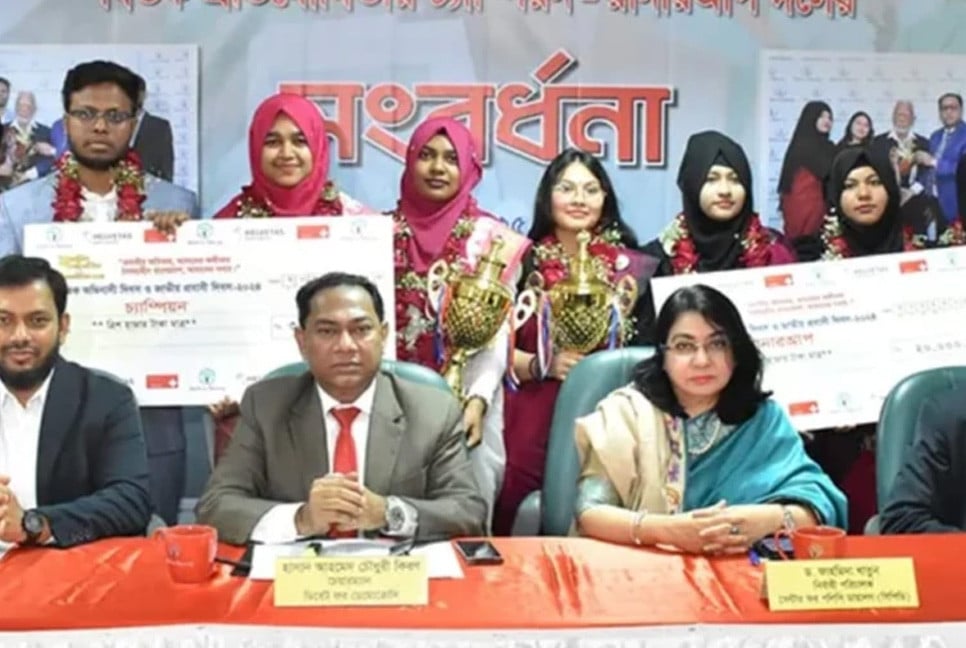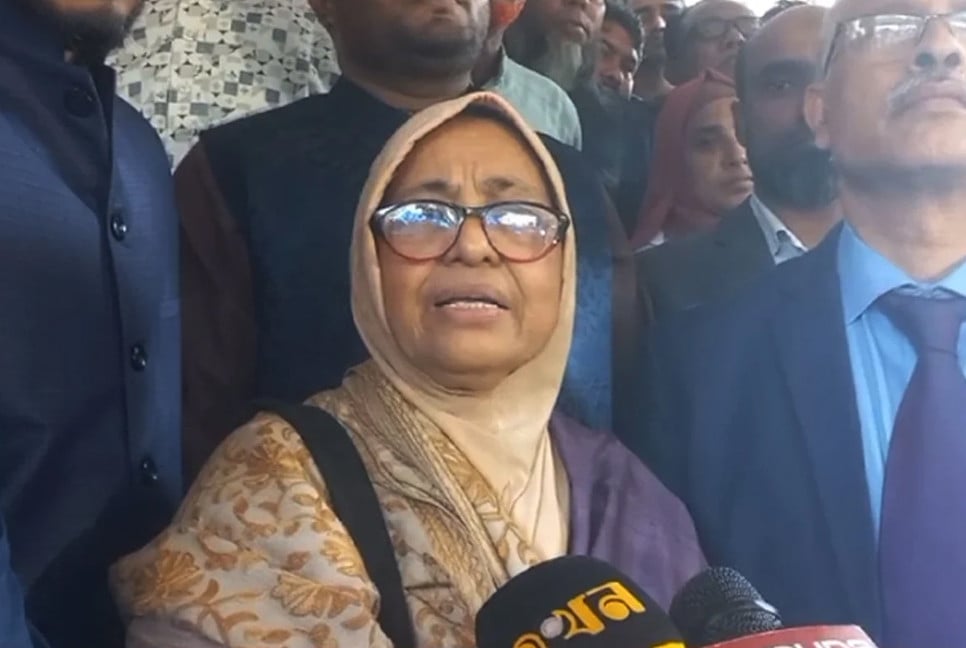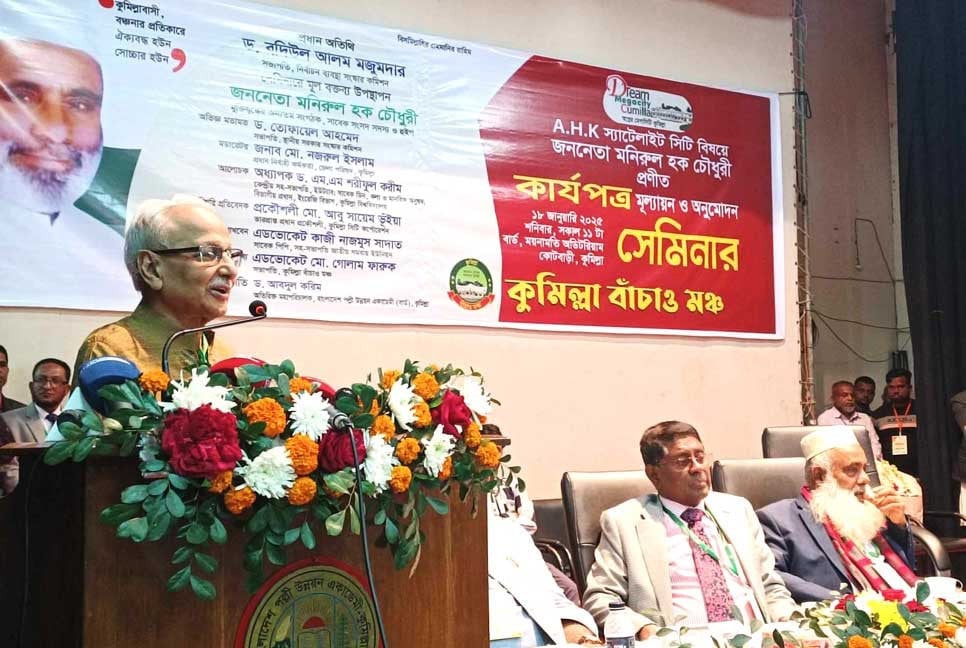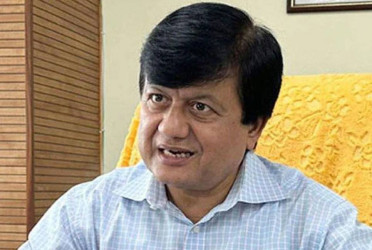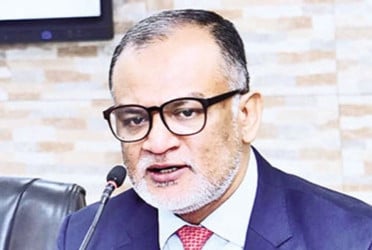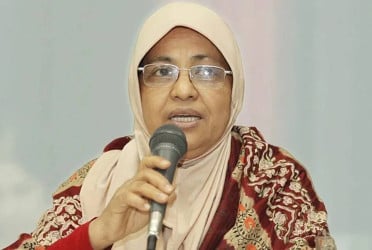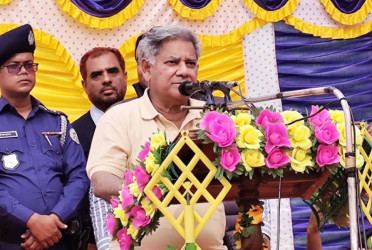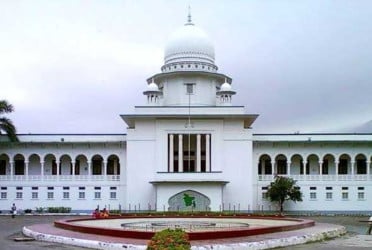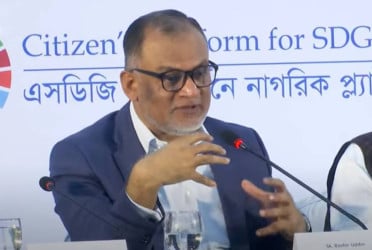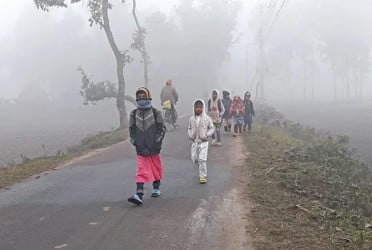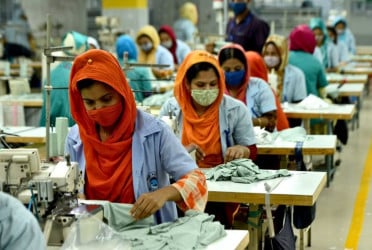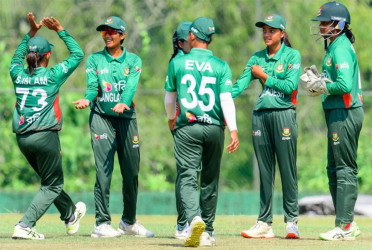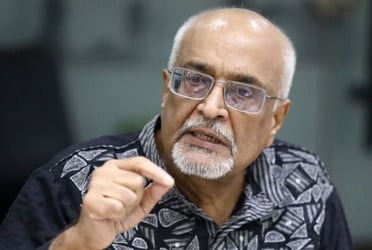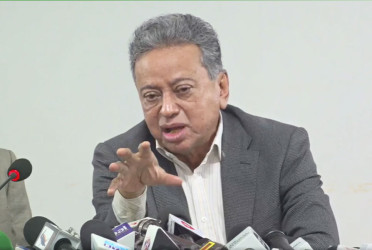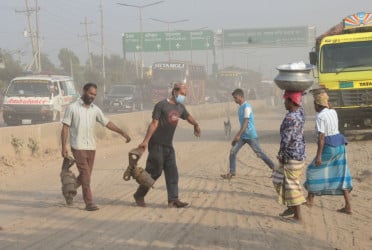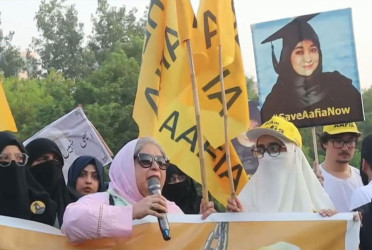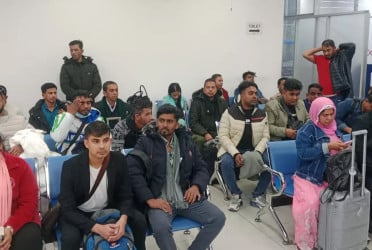Environment, Forest, and Climate Change Adviser Syeda Rizwana Hasan called for prioritizing public funding for climate adaptation during the high-level ministerial dialogue on Adaptation Finance at COP-29.
The event emphasized the urgency of channelling adaptation funds through UNFCCC mechanisms like the Green Climate Fund (GCF) and ensuring a balance between mitigation and adaptation financing.
Highlighting Bangladesh’s vulnerability to climate impacts, Rizwana said, “Bangladesh strongly urges dedicated adaptation financing windows and allocations for climate-vulnerable countries to protect millions and build resilience.”
She stressed the importance of enabling national entities to access funds and warned against reliance on market-based loans, which exacerbate debt burdens in developing countries.
Bangladesh’s National Adaptation Plan (NAP) estimates an annual requirement of $8.5 billion for adaptation. However, in two decades, the Adaptation Fund and Least Developed Countries Fund (LDCF) have collectively generated only $3 billion for 160 countries—a significant shortfall.
“The proposal to double adaptation financing from 2019 levels by 2025 lacks transparency and fails to meet the real needs of vulnerable nations,” the adviser added.
Rizwana said as one of the most climate-vulnerable countries, Bangladesh faces relentless challenges. In the past 18 months, the nation endured 15 climate-induced disasters, including two unprecedented floods in 2024 that caused $1.7 billion in losses and impacted 1.8 per cent of the national budget.
Currently, 1.2 million people are waterlogged due to rising sea levels and river morphology changes, she continued.
Despite contributing less than 0.4 per cent of global greenhouse gas emissions, Bangladesh disproportionately suffers the consequences of climate change.
The adviser reiterated Bangladesh’s demand for climate justice, equity, and an immediate increase in adaptation financing to address the escalating challenges.
bd-pratidin/GR

